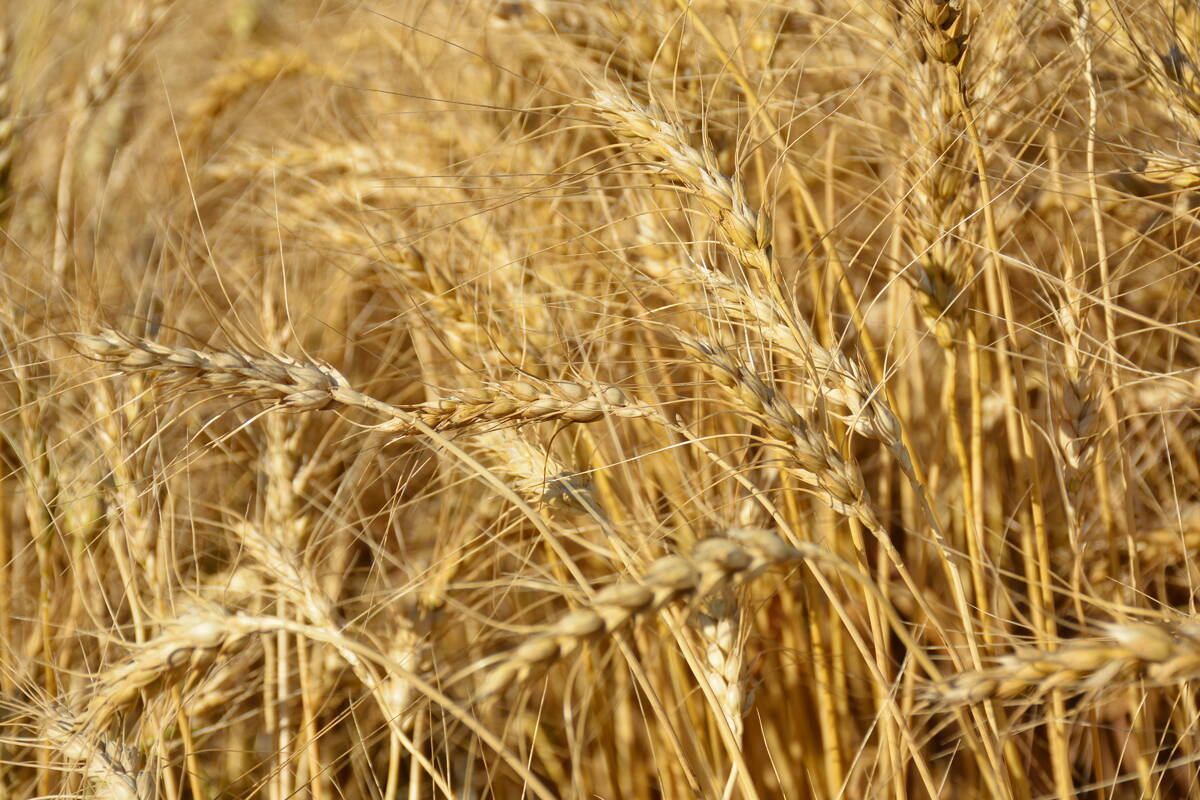EDMONTON – Nine months after Donald Biggar’s entire purebred cattle herd was destroyed in a foot-and-mouth outbreak, the Scottish cattle producer was back in Canada searching for replacement animals.
Two years ago, Biggar imported a purebred Shorthorn bull from Karen and Doug Hess of Mannville, Alta. During that trip he was impressed with the quality of the cattle and when he was forced to rebuild from scratch, he looked to Canada for his seed stock.
“It was pretty important for us to get back as quickly as possible,” said Biggar, who travelled to the Royal Agricultural Winter Fair in Toronto and FarmFair International in Edmonton to look at Shorthorn cattle.
Read Also

Large wheat supply pressures prices
SASKATOON — World wheat prices are likely to continue falling as more bumper crops are harvested, says an analyst. Argus…
He had remembered many of the animals from his trip two years earlier, but wanted to look at them again.
Immediately after Biggar’s animals were killed, he began a flushing program with five Alberta Shorthorn breeders. Two hundred embryos were flushed.
About half of those were to be implanted in early November. There are still another 20 embryos in Canada but these likely won’t make it to the United Kingdom because the European Union recently banned Canadian live cattle and bovine embryos.
While getting his cattle herd re-established is time consuming and challenging, Biggar worries it will be difficult to match the quality of his previous herd, which had taken generations to build.
“The embryos will give us the opportunity for production. Hopefully the embryo calves will give us the nucleus of a new herd,” he said estimating the cost of a live embryo calf is about $2,000.
When his cattle were destroyed he had two herds of purebred Shorthorn and Galloway and about 1,000 sheep. He plans to simplify his farming operation so he will rebuild only one herd because, “it’s difficult enough to put one breed back together.”
The British government paid farmers for loss of their herds and cleanup.
“Suddenly all your livestock have become a piece of paper,” said Biggar.
Brenda Hackling, a Shorthorn breeder from Bristol, England, was also in Edmonton looking at cattle.
“If I see something I like, I might buy it now or in 12 months time.”
Hackling wasn’t forced to kill any of her Shorthorn cattle or Polled Dorset sheep, but she said the entire livestock industry has changed. Instead of selling her cattle at shows like she used to, she sells them at the farmgate or through the internet. All livestock markets, shows and sales in the U.K. are closed. Cattle can only be moved to slaughter with a special permit.
“It’s getting slightly easier. It’s still very difficult.”














